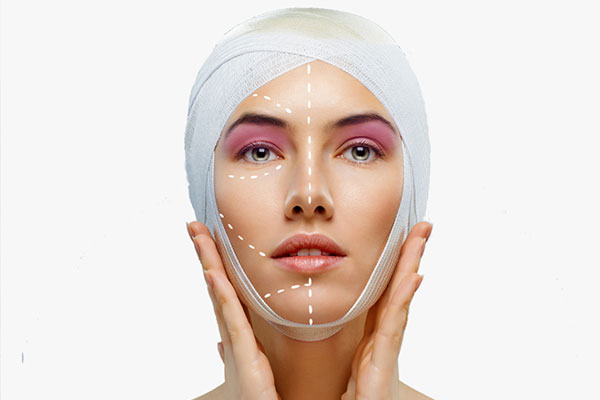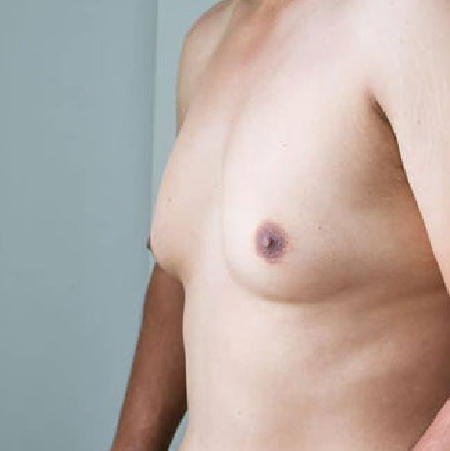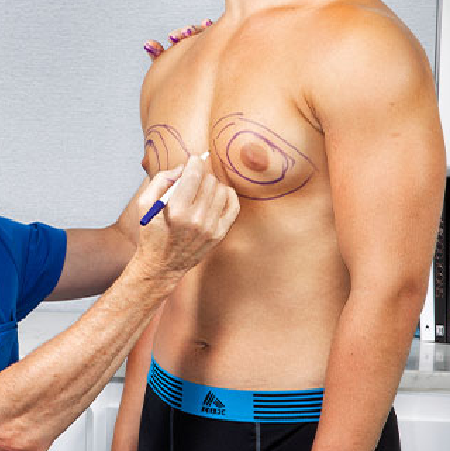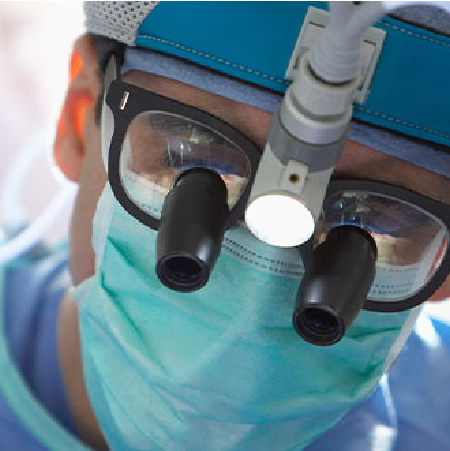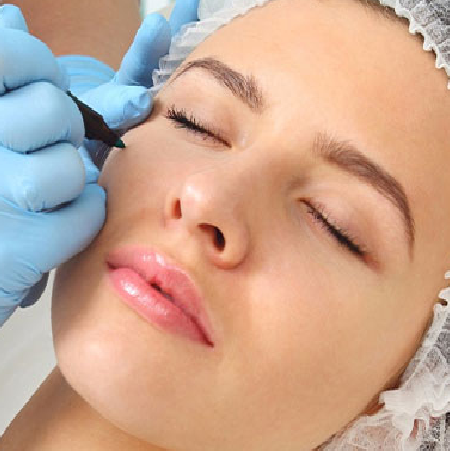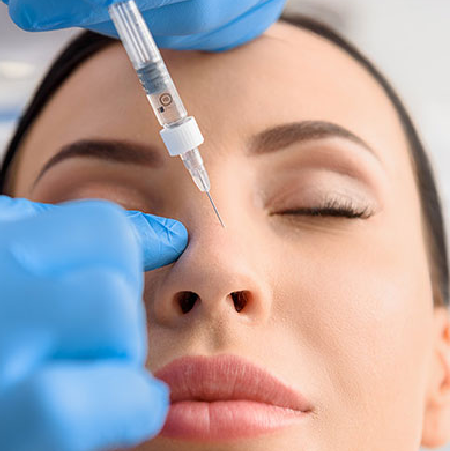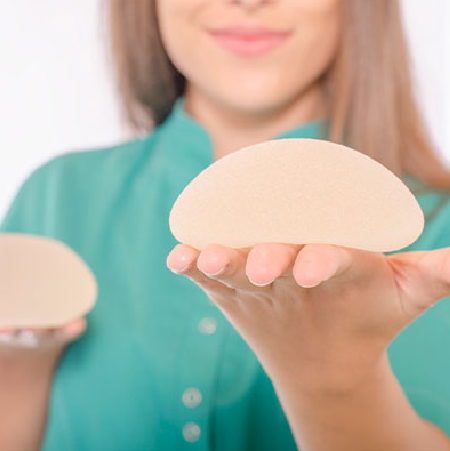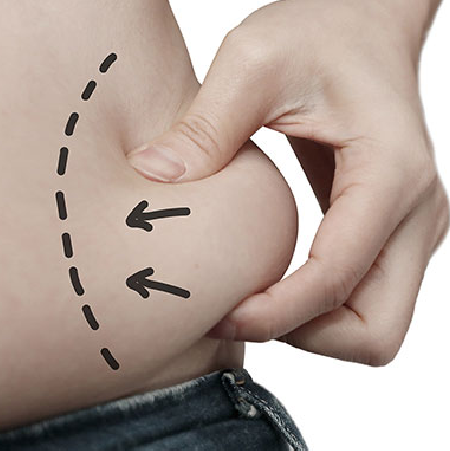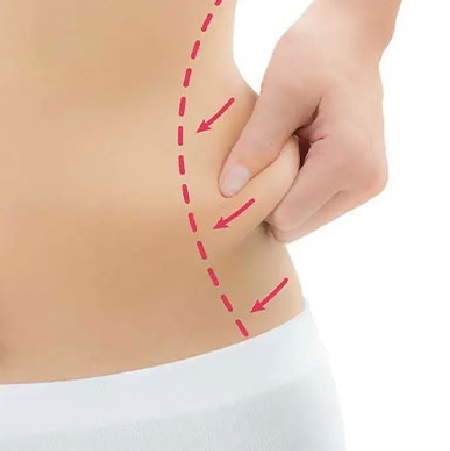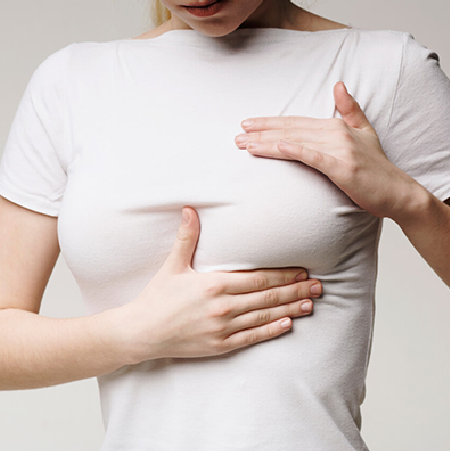plastic surgery side effects long-term
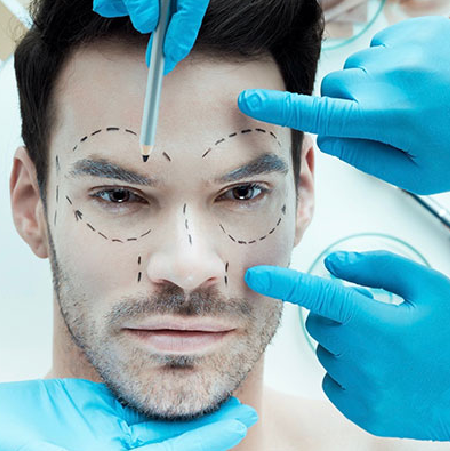
Like any other type of surgery, plastic surgery has risks and could cause problems. Even though technology and methods have made plastic surgery safer and safer, it’s still important to know what could go wrong. Here are some of the most common risks of plastic surgery:
Infection:
There is always a chance of getting an illness at the site of surgery. Surgeons take steps to reduce the risk, but it can still happen and may need more care.
Scarring:
Every surgery leaves a scar, and plastic surgery is no different. Scars can be different sizes and shapes based on things like the type of treatment and how well a person heals.
Hematoma:
If it gets too big, it may need to be drained, and it can also make you more likely to get an infection.
Seroma:
It is similar to a hematoma in that it is made up of blood. It may need to be drained to help it heal properly.
Nerve damage:
Some types of plastic surgery involve moving nerves, which can cause short-term or long-term nerve damage. This can make the impacted area feel numb, tingly, or lose feeling.
Blood Clots:
Longer surgeries can make it more likely that blood clots will form in the legs (deep vein thrombosis) or move to the lungs (pulmonary embolism). To reduce this risk as much as possible, people are encouraged to move around as soon as possible, and compression tights are used.
Anesthesia Risks:
General anesthesia comes with its own set of risks, such as bad responses, problems caused by medical conditions that were already there, or drug combinations. During the process, the patient is closely watched by an anesthetist, who does this to reduce risks.
Unsatisfactory Results:
Even if you carefully plan and carry out your plan, you might not get the results you want. People have different ideas about how they want to look, and it’s important, to be honest with the therapist and have reasonable goals.
It’s important to talk to a skilled and experienced plastic surgeon who can explain the risks and benefits of your particular case in detail. They will look at your medical background, decide if you are a good candidate for the treatment, and give you specific advice on how to reduce risks and get the best results.
read more: Iran plastic surgery
What are the benefits of plastic surgery?
Depending on the person’s wants and goals, plastic surgery can help them in both physical and mental ways. Here are some reasons why plastic surgery might be a good idea:
Plastic surgery can improve the way a person looks and make them look better overall. Procedures like breast enlargement, rhinoplasty (reshaping the nose), facelifts, and liposuction can help people get the look they want and feel better about themselves.
Self-Confidence: Plastic surgery can make a person feel better about themselves and boost their self-esteem and self-confidence. Having a better self-image and feeling better about oneself, in general, can come from being happier with one’s body or face.
Physical Imperfections: Plastic surgery can fix birth deformities, birthmarks, and physical problems caused by accidents or injuries. Procedures like fixing a cleft lip and mouth or cosmetic surgery after burns can make a big difference in how well someone works and how they look.
Reversing the effects of aging: facelifts, blepharoplasty (surgery on the eyelids), and other anti-aging treatments can help people look younger and more refreshed. This can help a person feel better about themselves and have a more upbeat view of life.
Physical health can be improved by some plastic surgery treatments, in addition to making people look better. For instance, breast reduction surgery can help with back and neck pain, and rhinoplasty can fix breathing problems caused by a septum that isn’t straight.
Emotional and psychological health: Plastic surgery can be good for a person’s mental and emotional health. Self-consciousness, social anxiety, and sadness can all be lessened by feeling more confident and happy with how you look.
Increased Opportunities: In some jobs or fields, the way you look may be very important. Plastic surgery can help people meet the beauty standards of society and improve their chances of getting jobs in areas like modeling, acting, or public speaking.
Body Contouring After Weight Loss: When someone loses a lot of weight, they may still have extra skin and muscle. This can be uncomfortable and make it hard for them to fully enjoy their new body. Body lifts and tummy tucks can help shape the body and make it look better all around.
You should go into plastic surgery with reasonable goals and talk to a skilled plastic surgeon. They can figure out what each person needs, talk about possible risks, and give personalized advice to ensure the best possible results.
Minimizing the risk of DVT or DVE after plastic surgery
Deep vein thrombosis (DVT) and pulmonary embolism (PE) are both major problems that can happen after surgery, even plastic surgery. Here are some things you can do to lower your chances of getting DVT or PE:
Pre-operative evaluation:
Before surgery, your doctor will look at your medical history. This will include any risk factors for DVT or PE, like a history of blood clots in you or your family, being overweight, smoking, or having certain medical conditions. This review helps figure out if more precautions need to be taken.
Move around early.
To avoid blood clots, it’s important to get up and move around as soon as possible after surgery. Early walking helps get the blood moving and lowers the risk of DVT. Follow your doctor’s advice about how much you can move after surgery.
Compression stockings:
During and after surgery, your doctor may tell you to wear compression socks. By putting gentle pressure on the legs, these carefully made socks help improve blood flow and lower the risk of blood clots.
Medication:
Your surgeon may give you anticoagulant drugs, such as low-molecular-weight heparin or aspirin, to lower the risk of blood clots. This will depend on your risk profile. It’s important to take the medicine exactly how and for how long your doctor tells you to.
Hydration:
It’s important to drink enough water before and after surgery. Proper drinking helps keep the blood flowing well and keeps the blood from getting too thick, which lowers the risk of blood clots.
Sequential compression devices:
In some cases, your surgeon may use sequential compression devices (SCDs) on your legs during operations. SCDs occasionally expand and decompress, which helps blood flow and keeps blood from pooling.
Early ambulation after surgery:
Move and walk as soon as possible after surgery. Follow your surgeon’s instructions. Gradual exercise helps keep the blood from getting stuck and promotes healthy blood flow.
Follow-up care:
Go to all follow-up visits with your therapist after surgery. They will keep an eye on your progress, look for signs of problems, and give you more advice on how to lower your risk of DVT or PE.
It’s important to talk to your plastic surgeon about these precautions and any other worries you have. They will give you special advice based on your situation to make sure you get better safely and well.
Smoking during your plastic surgery recovery
During the time you are healing from plastic surgery, smoking can slow down your recovery and make you more likely to have problems. This is why:
Poor blood circulation: When you smoke, your blood vessels get smaller, and less oxygen gets to your cells. This can make it take longer for a cut to heal and make it more likely to get an infection.
The risk of getting sick is higher because smoking lowers the immune system and makes the body more likely to get sick. Surgical wounds are especially prone to getting sick, and smoking can make it harder for the body to fight off germs and viruses.
Poor Scar Healing: Smoking stops the body from making collagen, which is needed for wounds to heal and scars to form properly. It can make scars stand out more and make them less attractive.
Increased chance of complications: Smoking increases the chance of several problems after surgery, such as poor tissue survival, necrosis (tissue death), skin graft failure, and wound dehiscence (rupture).
Recovery Time Is Usually Longer: Recovery times are usually longer for smokers than for nonsmokers. The process of healing may be slower, and it may take longer to get back to full function and appearance.
It is highly suggested that you don’t smoke before or after your plastic surgery process if you want the best results and to lower the risk of problems. It’s best to stop smoking for a long time before the surgery and to stay smoke-free while you’re healing.
If you smoke, it’s very important to tell your plastic surgeon about it during the interview. They can help you quit smoking before your surgery by giving you advice, support, and tools. They can also give you tips on how to handle your healing. Quitting smoking is one of the most important things you can do to make sure your plastic surgery goes well.
Diet and nutrition after plastic surgery
Having a healthy diet and getting the right amount of food after plastic surgery can help the healing process go more smoothly and lower the risk of side effects. Here are some broad suggestions to consider:
For your tissues to mend and for your body to feel better, you need to drink enough water. Caffeine and alcohol can cause you to lose water, so moderation is key.
Consume nutrient-rich foods. Eat a variety of fruits, vegetables, whole grains, lean meats, and healthy fats to maintain a nutritious diet. These foods are beneficial to health because of the vitamins, minerals, and enzymes they contain.
Consume a diet high in protein to aid in tissue regeneration and wound healing. Good sources of protein include lean meats, poultry, fish, dairy, eggs, veggies, and tofu.
Foods High in Fibre:
Constipation, which may be induced by painkillers and decreased activity while healing, can be avoided by eating fiber-rich meals such as whole grains, fruits, and vegetables.
Minerals and vitamins:
Vitamin C (found in citrus fruits, berries, and leafy greens), vitamin A (found in carrots, sweet potatoes, and spinach), and zinc (found in lean meats, nuts, and seeds) are just a few examples of healing vitamins and minerals.
Eat foods that have inherent anti-inflammatory characteristics to minimize stiffness and speed up the healing process. Salmon, sardines, olive oil, turmeric, ginger, and fresh vegetables are just a few examples.
Lower your salt intake:
Swelling and fluid retention may result from consuming too much salt. Avoid eating ready-made dishes, quick food, and meals that are high in salt.
Small, frequent meals:
During the first few days of healing, eat smaller meals more often instead of big meals to avoid stomach pain and make digestion easier.
Follow the post-surgery instructions.
Depending on the type of surgery you had, your doctor will tell you how to eat. It’s important to do what they say about food rules, limits, and any nutrients they suggest.
Consult with a registered dietitian.
If you have specific questions or worries about your food, you might want to talk to a registered dietitian. They can give you personalized advice based on your needs and the surgery you’ve had.
Remember that it’s very important to talk to your plastic surgeon to get unique advice based on your surgery and health history. They can give you thorough advice about what to eat and drink to help your body heal and reduce side effects.
Questions to consider before pursuing cosmetic surgery:
Before you get plastic surgery, you should ask yourself a few questions to make sure you are making an informed choice. Here are some questions to consider:
- What are my exact goals and hopes for plastic surgery?
- Have I done a lot of study on the procedure(s) I want, and do I understand the risks, rewards, and limits?
- Do I want plastic surgery for myself, or am I doing it because of outside forces or because I want to make other people happy?
- Have I thought about alternatives to surgery or less invasive ways to get the same results?
- What makes me want to have plastic surgery? Will the changes I want make me feel better about myself and improve my general health?
- Am I physically healthy enough to go into surgery? Have I told my doctor and plastic surgeon about any health problems or worries I’ve had in the past?
- Am I mentally ready for the process, including the pain, the time it may take to heal, and the emotional changes that may happen?
- Do I have a realistic idea of how the procedure(s) I’m thinking about might turn out?
- Have I done a lot of studying and picked a skilled, experienced plastic surgeon who specializes in the procedure(s) I want?
- What are the possible costs of the surgery, including the surgery itself, any consults, follow-up care, and any problems or second treatments that might happen?
- Have I talked to trusted family members, friends, or partners about my decision to get their support and point of view?
- Am I ready and able to do what my plastic surgeon tells me to do before and after surgery to make sure I get the best results?
- Have I thought about how my decision might affect my relationships, my job, or my day-to-day life?
- Do I have realistic ideas about how long it will take to heal and how long it might take to see the results?
- Am I ready for the chance of problems, and have I talked to my plastic surgeon about this?


